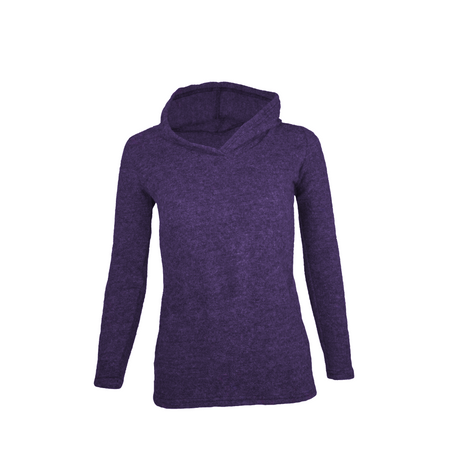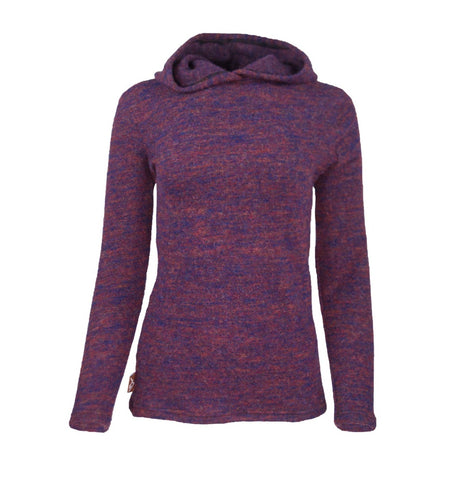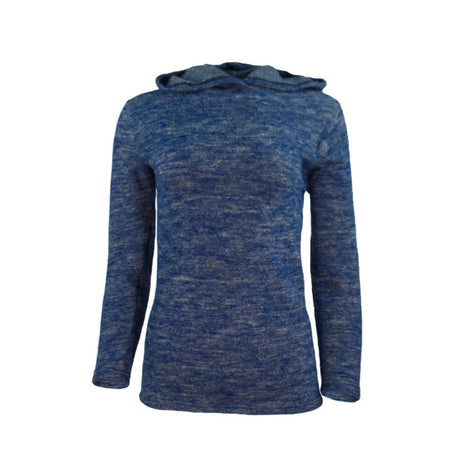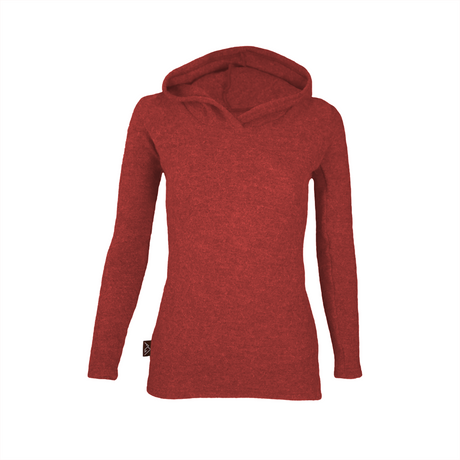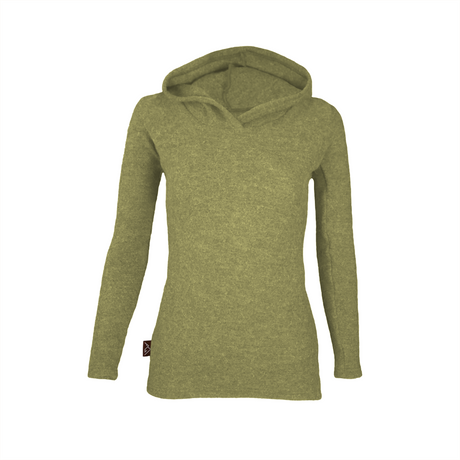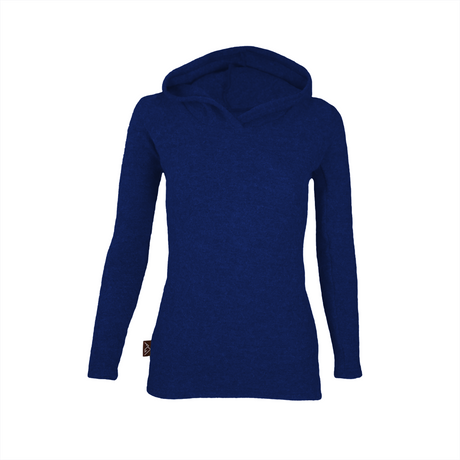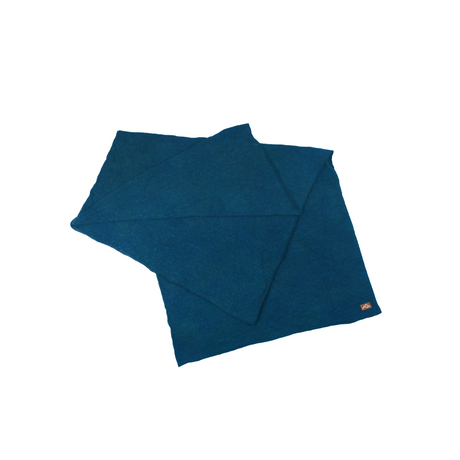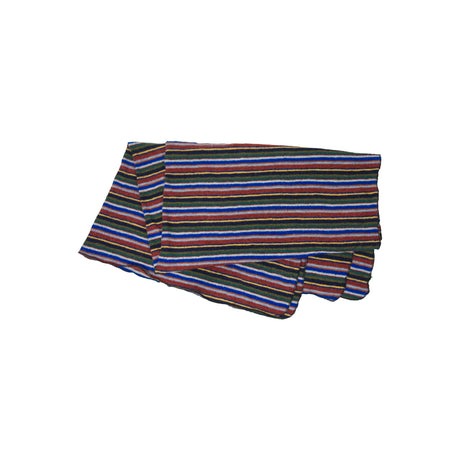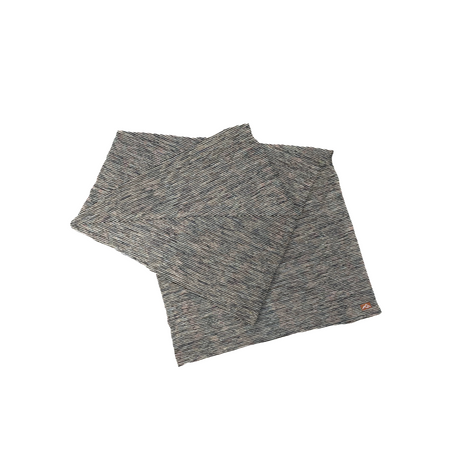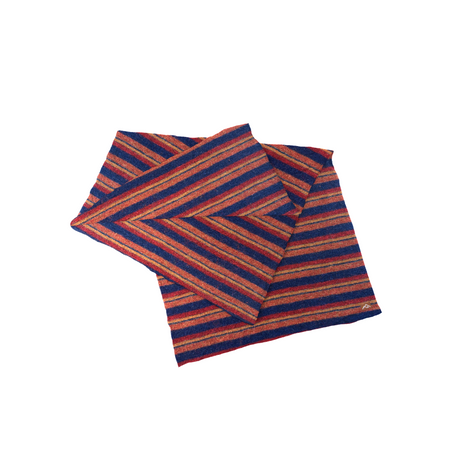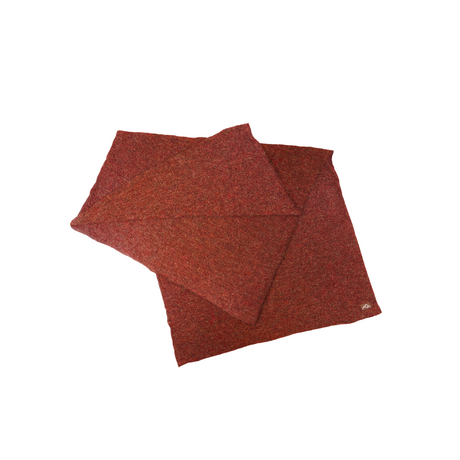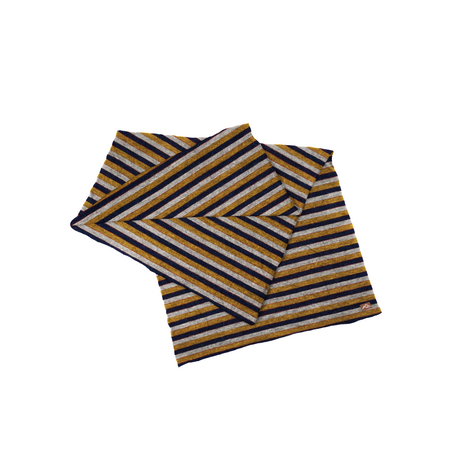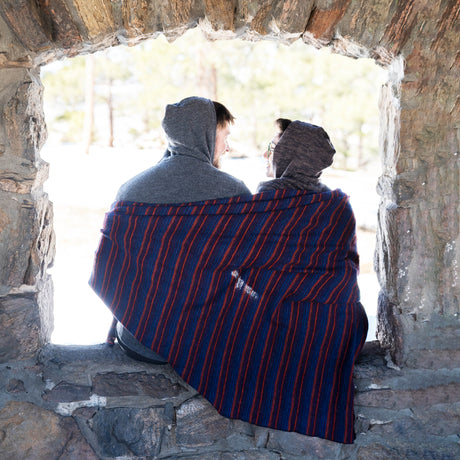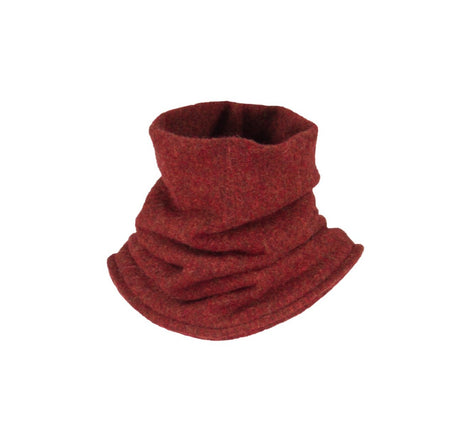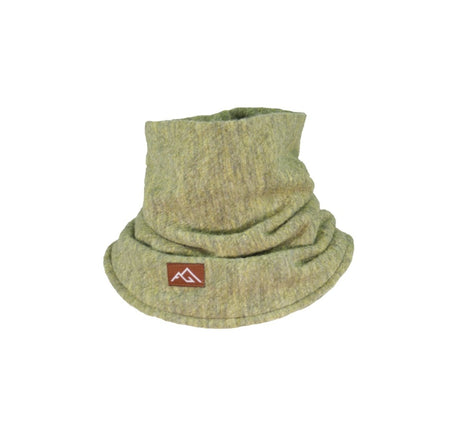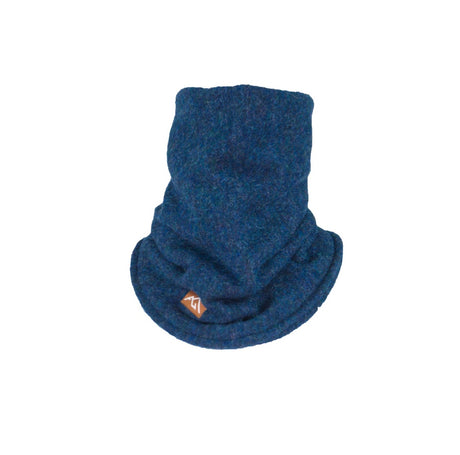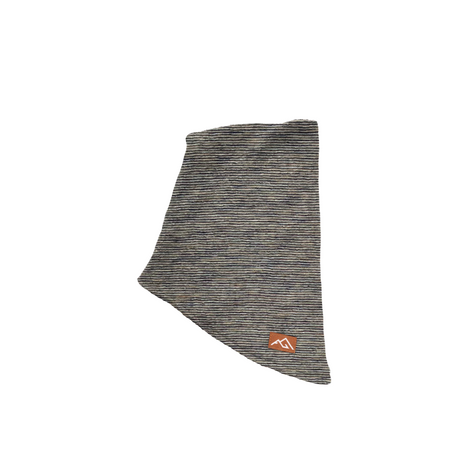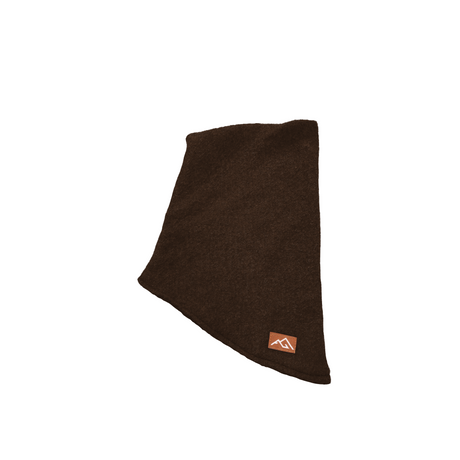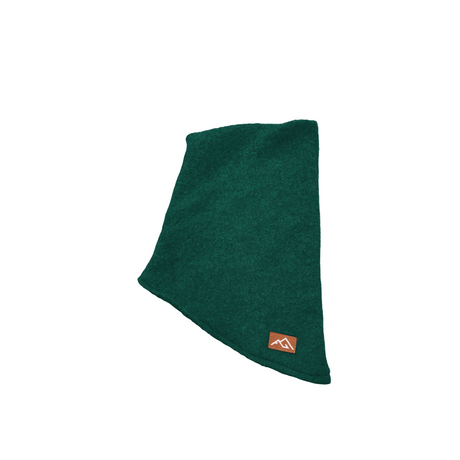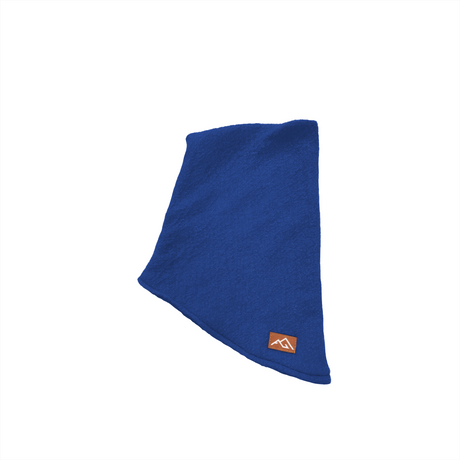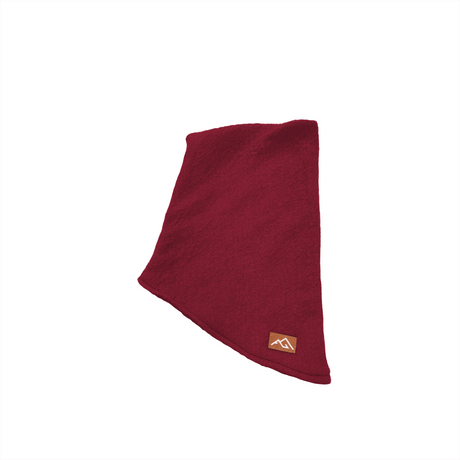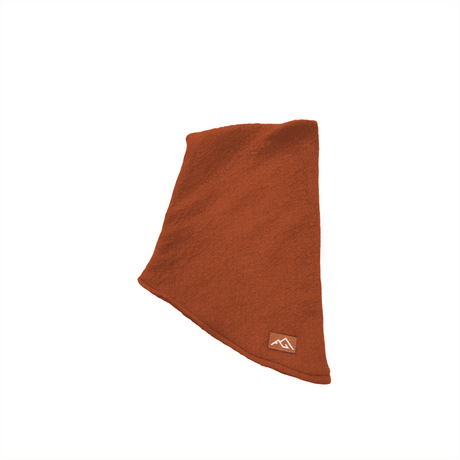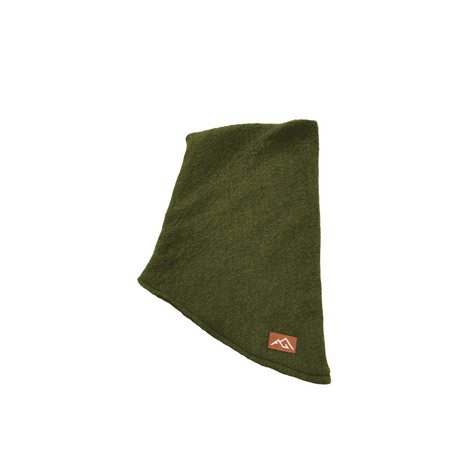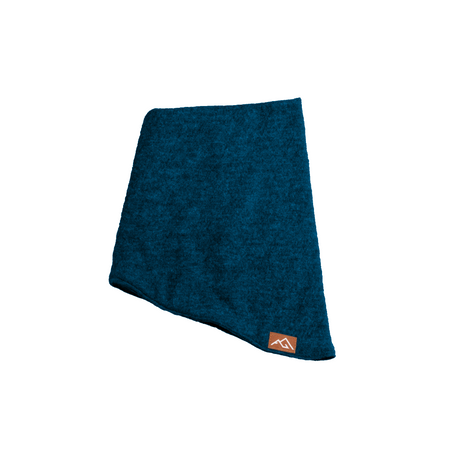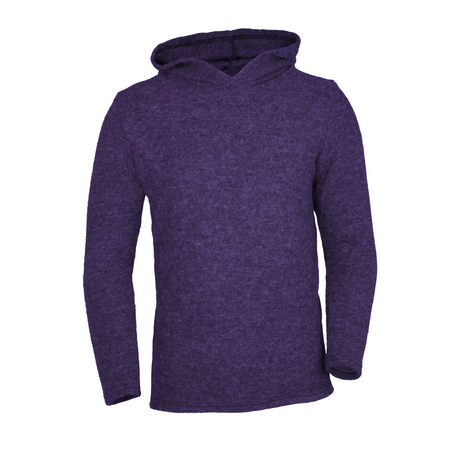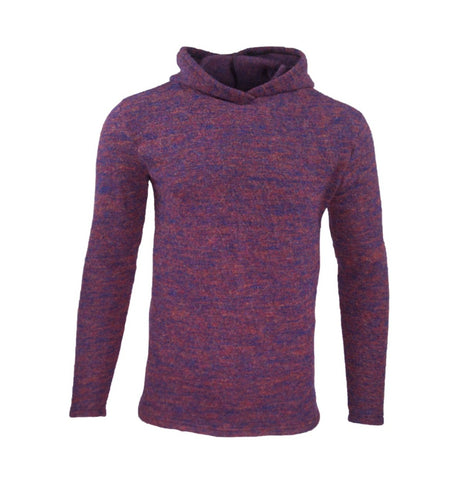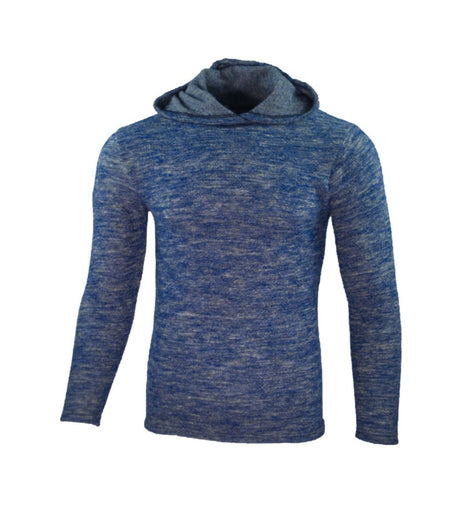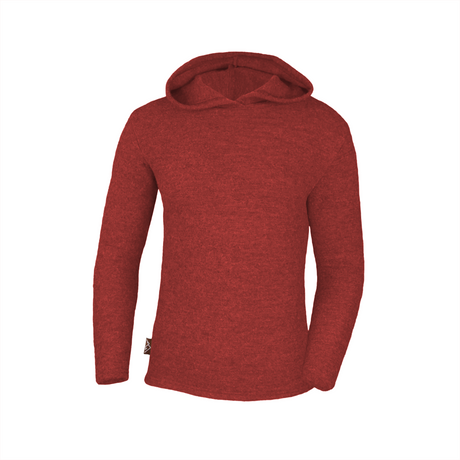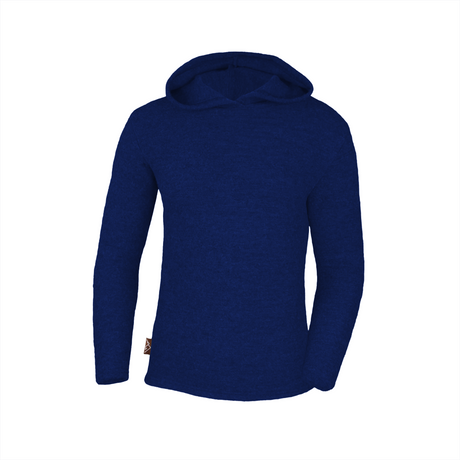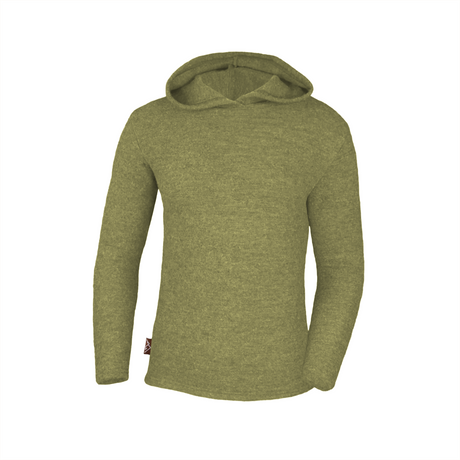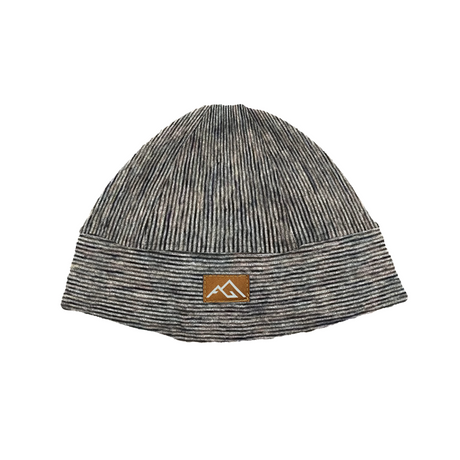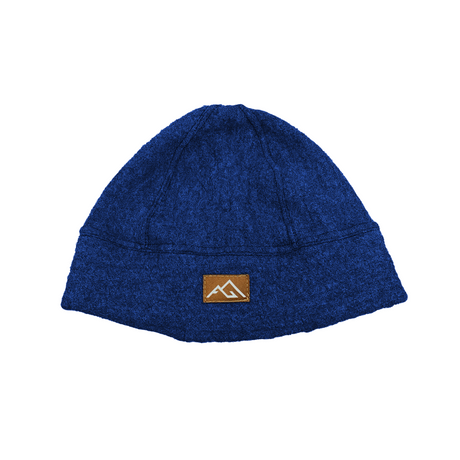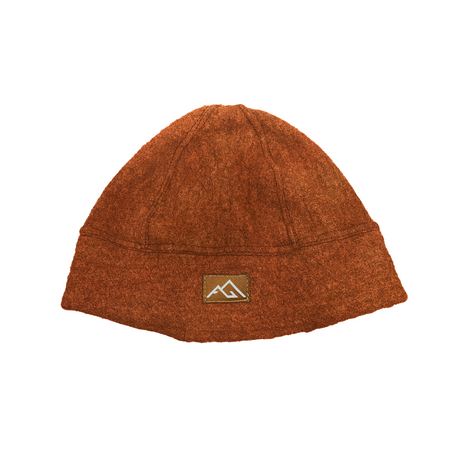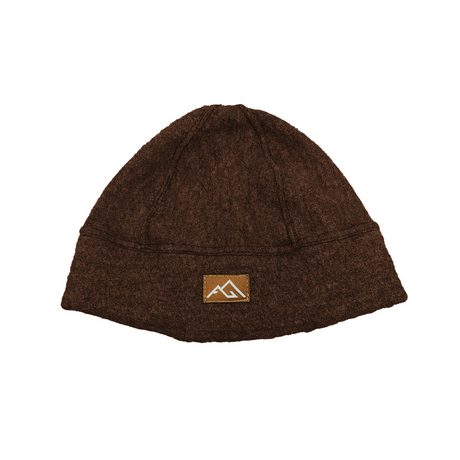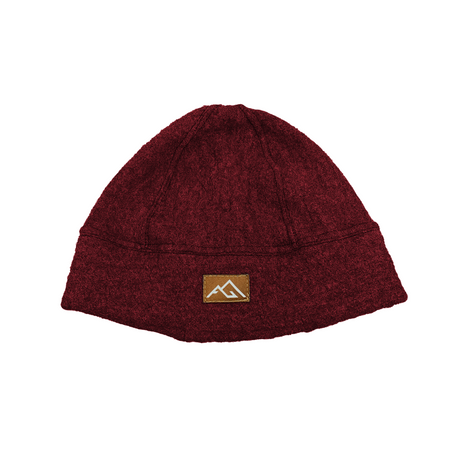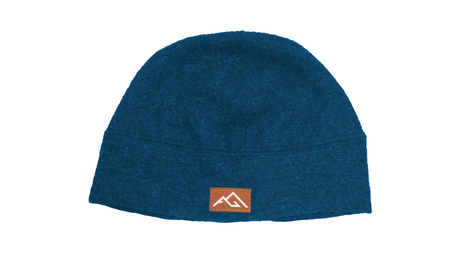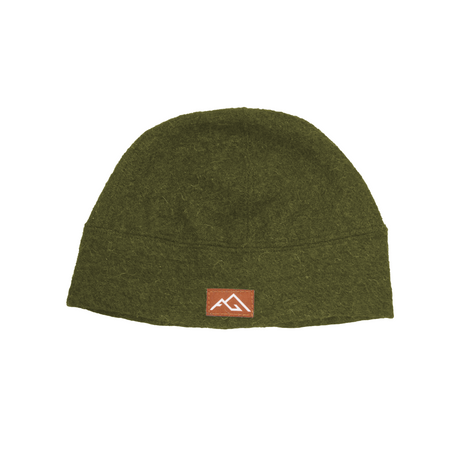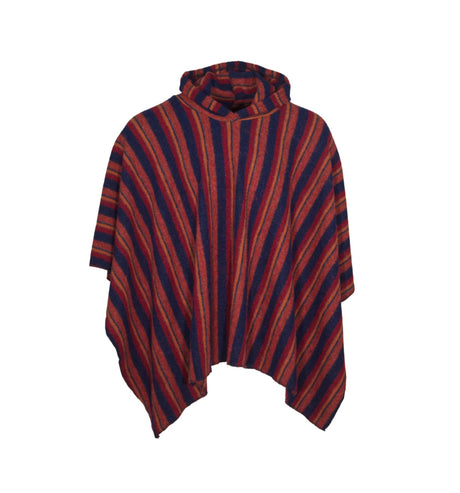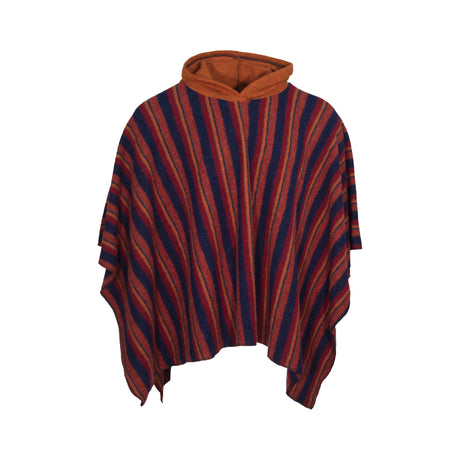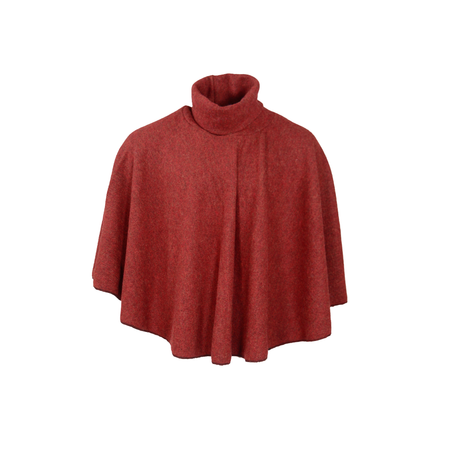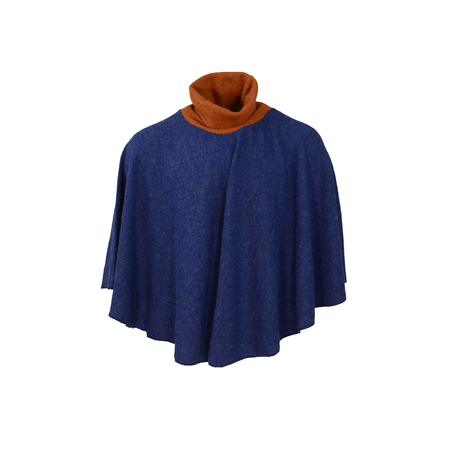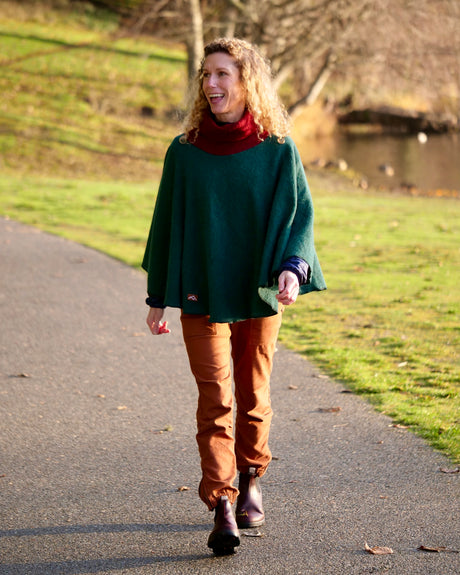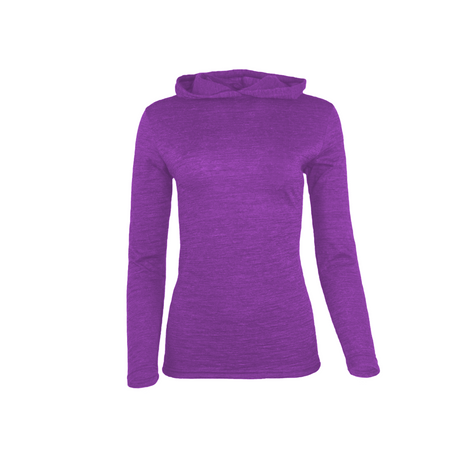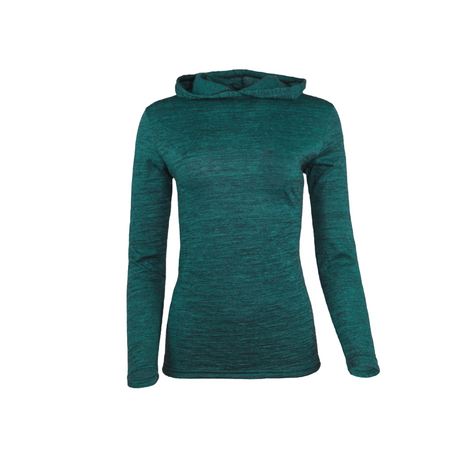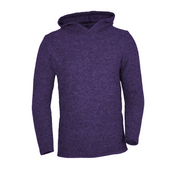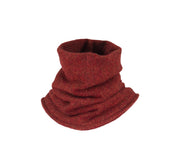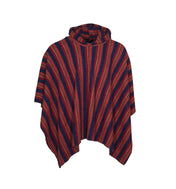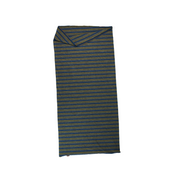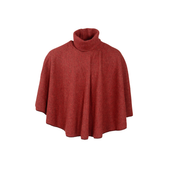By John Gage
Fast fashion is characterized by the rapid production of cheap, trendy clothing in response to popular styles and trends. The hallmarks of fast fashion include:
- Quick turnaround, frequent style changes: Fast fashion brands release new collections or styles on a frequent basis, often every few weeks, to keep up with changing trends.
- Low quality, low prices: Fast fashion brands can offer low prices because they use cheap, low-quality materials and often outsource production to countries with lower labor costs.
- Short lifespan: Fast fashion clothing is designed to be worn a few times and then discarded, as it is not made to last.
- Mass production: Fast fashion brands produce large quantities of clothing in order to meet consumer demand and keep prices low. Items are primarily made in low wage countries that have poor environmental and human rights track records.
- Uncreative: Fast fashion brands focus on replicating popular styles and trends from the runway, celebrity, or influencer culture, rather than creating unique designs or performance characteristics. This is accompanied by aggressive social media advertising.
Fast fashion is a term used to describe the quick and constant turnover of trendy and cheaply made clothing items. It's a business model that has exploded in popularity in recent decades, with fashion and outdoor brands churning out new styles on a weekly or even daily basis in conjunction with aggressive social media advertising. Fast fashion's cheap, trendy clothing may be tempting, but this constant need for novelty comes at a high cost to both people and the planet by encouraging a culture of disposability, where clothes are worn a few times and then discarded, rather than being repaired, donated, or recycled.
“Fast fashion's cheap, trendy clothing may be tempting, but this constant need for novelty comes at a high cost to both people and the planet.”
Fast fashion is bad for human rights. Many of the clothes produced by fast fashion brands are made in developing countries where labor laws are often lax or poorly enforced. This can result in workers, who are often young women, being paid very low wages and working in unsafe and unhealthy conditions. There have been numerous reports of workers being subjected to physical and verbal abuse, and in some cases, even forced labor.
In addition to being bad for workers, fast fashion is bad for the environment. The environmental impact of fast fashion cannot be ignored. The clothing industry is one of the most polluting industries in the world due to significant water, fuel, and chemical usage. Further, most of the apparel is now produced with synthetic materials that are derived from oil. This constant production of cheap clothing leads to a massive amount of waste, most of which is synthetic materials. The result is billions of pounds of discarded textiles and microplastics ending up in the environment and in landfills every year.
But it's not just people and the environment that suffer from fast fashion - it's also bad for the economy. While fast fashion brands may offer cheap clothing, they often do so at the expense of small, local businesses. When people buy cheap, trendy clothes from fast fashion brands, they're less likely to spend money at local boutiques and other small retailers. This can lead to a decline in small businesses, which are important drivers of local economies.
“When people buy cheap, trendy clothes from fast fashion brands, they're less likely to spend money at local boutiques and other small retailers.”
So, what can we do about it? As outdoor enthusiasts, it's important to consider the impact our clothing choices have on the world around us. One way to make a difference is by supporting brands that prioritize sustainability and ethical production practices. This may mean paying a little bit more for clothes, but it's worth it when you consider the benefits to people and the planet. It's also a good idea to try and extend the lifespan of your clothes by taking good care of them and repairing them when they start to wear out.
American cottage apparel companies that use high-performance natural fibers tend to have a much smaller environmental footprint compared to fast fashion brands. In addition, cottage apparel companies that use high performance natural fibers also tend to prioritize fair labor practices. These small domestic companies are an important part of the economy, and they provide skilled jobs and other economic benefits to their communities. By choosing these companies, consumers can help to reduce their own carbon footprint and contribute to a more sustainable apparel industry.
Fast fashion is bad for human rights, bad for the environment, and bad for the economy. As outdoor enthusiasts, we can make a difference by supporting U.S.-based sustainable and ethical brands and by taking good care of our clothing and gear. In this way, consumers can help to create a more diverse and vibrant fashion industry that better serves people and the planet.

